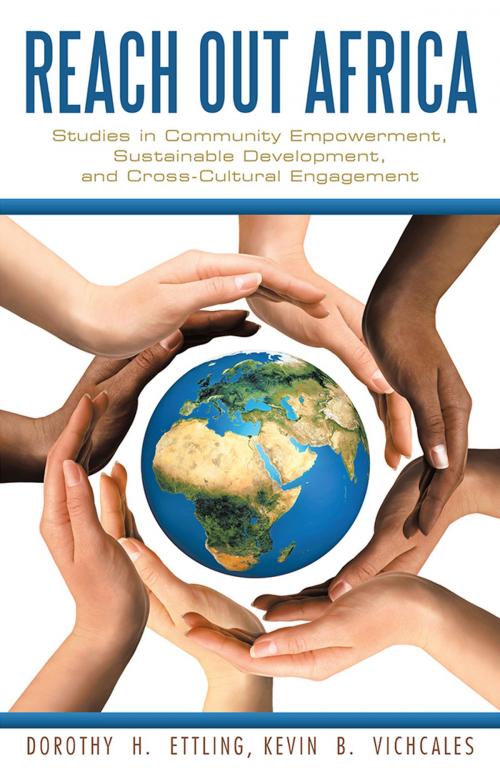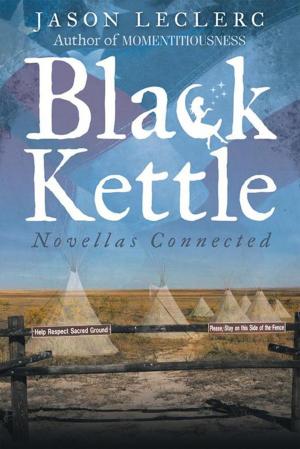Reach out Africa
Studies in Community Empowerment, Sustainable Development, and Cross-Cultural Engagement
Nonfiction, Social & Cultural Studies, Social Science| Author: | Dorothy H. Ettling, Kevin B. Vichcales | ISBN: | 9781480807938 |
| Publisher: | Archway Publishing | Publication: | June 30, 2014 |
| Imprint: | Archway Publishing | Language: | English |
| Author: | Dorothy H. Ettling, Kevin B. Vichcales |
| ISBN: | 9781480807938 |
| Publisher: | Archway Publishing |
| Publication: | June 30, 2014 |
| Imprint: | Archway Publishing |
| Language: | English |
This guidebook is a collection of stories of African development projects that have transformed the lives of individuals and communities through collaborative partnerships.
Through the study of these successful collaborations, readers will learn to:
Engage in capacity-building for collective problem-solving at the community level.
Work collaboratively for womens empowerment.
Mobilize culturally diverse communities to plan, implement, and evaluate sustainable community development.
Build meaningful collaborations among university and grassroots partners.
Maximize volunteer skills and match them to community needs.
The Womens Global Connection (WGC; www.womensglobalconnection.org) embarked on this journey of cross-cultural engagement and capacity-building with one intention, grounded on three pillars:
Local ownership demanded individual and community involvement and buy-in.
Social empowerment required that each of our endeavors resulted in the local communitys capacity to share the knowledge and replicate the training that was offered.
The promise of sustainability curbed our efforts to engage only in projects that held the hope of long-term sustainability by the community itself.
Years of collaboration among the womens cooperatives, WGC, a private Catholic university, and countless volunteers has demonstrated the unbounded potential of reaching across boundaries and barriers to build a more responsible sense of global citizenship in todays inequitable world society.
This guidebook is a collection of stories of African development projects that have transformed the lives of individuals and communities through collaborative partnerships.
Through the study of these successful collaborations, readers will learn to:
Engage in capacity-building for collective problem-solving at the community level.
Work collaboratively for womens empowerment.
Mobilize culturally diverse communities to plan, implement, and evaluate sustainable community development.
Build meaningful collaborations among university and grassroots partners.
Maximize volunteer skills and match them to community needs.
The Womens Global Connection (WGC; www.womensglobalconnection.org) embarked on this journey of cross-cultural engagement and capacity-building with one intention, grounded on three pillars:
Local ownership demanded individual and community involvement and buy-in.
Social empowerment required that each of our endeavors resulted in the local communitys capacity to share the knowledge and replicate the training that was offered.
The promise of sustainability curbed our efforts to engage only in projects that held the hope of long-term sustainability by the community itself.
Years of collaboration among the womens cooperatives, WGC, a private Catholic university, and countless volunteers has demonstrated the unbounded potential of reaching across boundaries and barriers to build a more responsible sense of global citizenship in todays inequitable world society.















